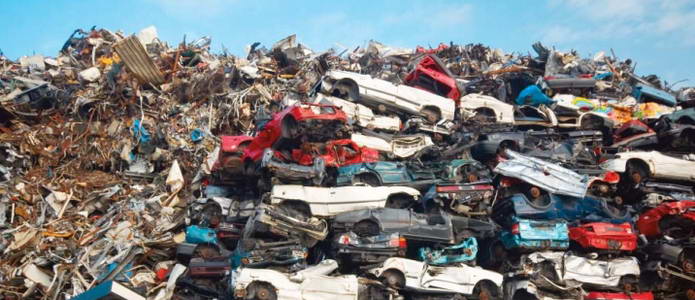 |
|
|
|
The environmental impact of manufactured goods stretches far beyond the energy they consume during their lifetime of use. Every manufactured item, whether it’s a car, a fridge or a printer cartridge, has embedded in it a long history of energy consumption and ecological impact which began the moment the raw materials were extracted from the ground and continues after a user disposes of it. At the UNSW Life Cycle Engineering and Management Research Group (LCE@UNSW), Associate Professor Sami Kara is leading research in a new field which looks for ways to conserve and re-use materials, and reduce energy use, in all areas of manufacturing. Life Cycle Engineering combines research in sustainable development, life cycle assessment and life cycle costing. By taking a first principles approach to design, Associate Professor Kara and his colleagues are examining how to reconceptualise and re-engineer manufacturing so that goods require less materials and energy to make, use less energy during their life, and are easily broken down for re-use when their serviceable life is over. "What we aim to do is engineer the whole product life cycle in order to achieve the best possible energy and eco-efficiency," he says. It’s a big-picture approach that goes beyond simple recycling, something Associate Professor Kara warns can be "a patch-up solution". "The biggest problem is trying to recycle something which isn’t meant to be recycled," he says. "There are lots of people trying to find the best way to recycle, but so many products aren’t designed to be separated and re-used at the end of their life. The LCE approach is attracting significant attention from industry. Associate Professor Kara, who is also Technical Program Leader at the UNSW node of the Advanced Manufacturing Cooperative Research Centre (AMCRC), has initiated an industry-based project to investigate the energy intensity and eco-efficiency of manufacturing processes. Part of the project has been carried out in collaboration with the Institute of Machine Tools and Production Engineering at the Technical University of Braunschweig as well as a number of manufacturing firms in Germany. Associate Professor Kara is also involved in a project with Professor Veena Sahajwalla, Director of the Centre for Sustainable Materials Research & Technology (SMaRT@UNSW) and global engineering consulting firm, Hatch, on iron-making and he has advised Queensland’s Gold Coast City Council on the creation of an energy-efficient, low-impact range of outdoor furniture |

[photo: Old car bodies form a mountain of scrap metal (from the source article)]